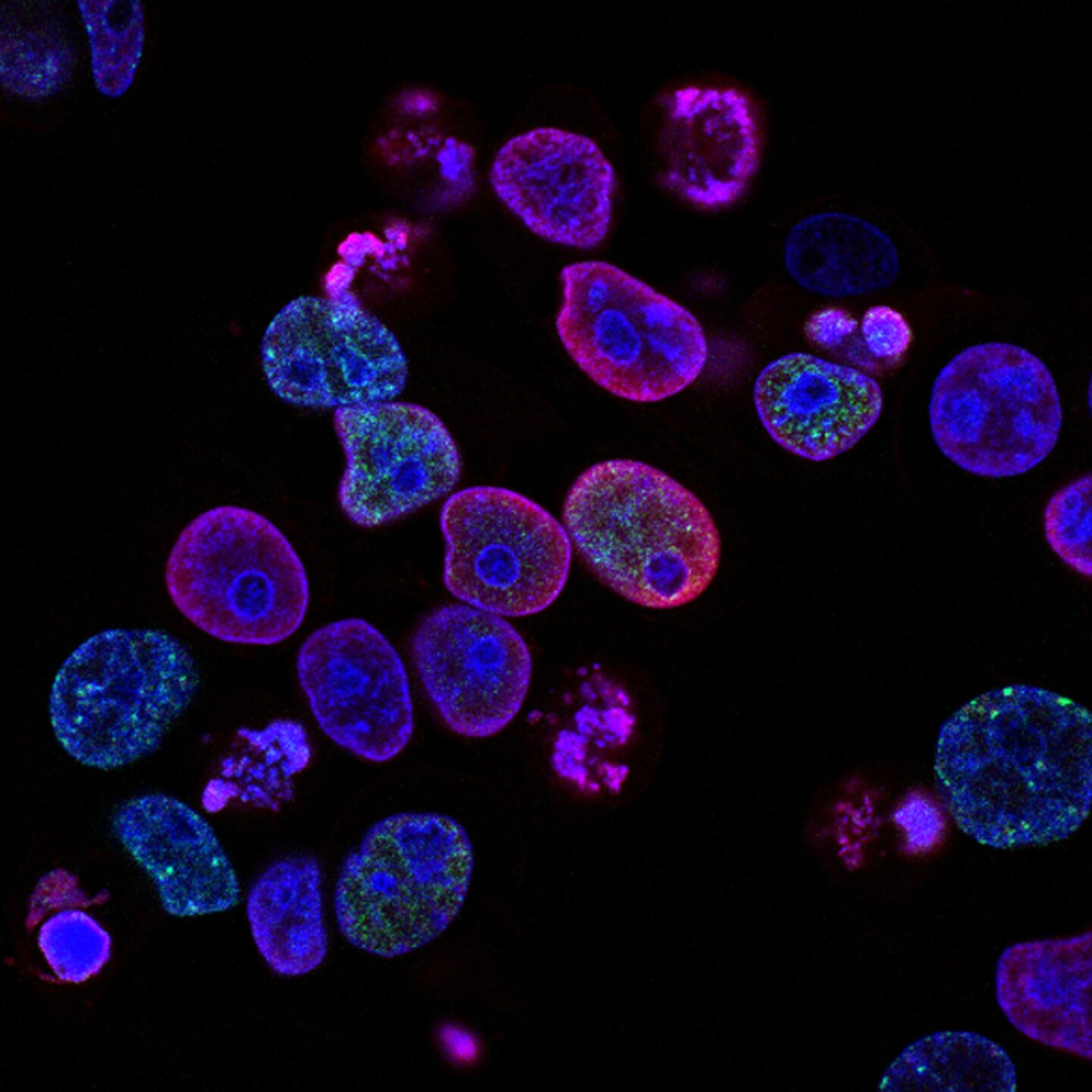In one study, a team of researchers from several healthcare systems and universities discovered a new AI-derived biomarker, quantitative vessel tortuosity (QVT). Tumor-associated blood vessels are chaotically arranged and twisted, blocking the normal flow of blood and redirecting it to tumors, allowing them to grow even faster and spread throughout the body. The good news is that the QVT biomarker can help pinpoint these problematic tumors. Using routine imaging scans, physicians can now predict with far greater certainty which patients with lung cancer will respond to immunotherapy.
First and foremost, the findings, published recently in Science Advances, offer guidance for patients and their physicians making critical treatment decisions. In effect, AI can help doctors determine what sort of patient will respond to particular forms of immunotherapy – and those who will not.
Trim the cost of the fight
AI protocols can also blunt the financial burden associated with immunotherapy. Given the staggering costs – roughly $200,000 a year per patient – the need to non-invasively identify potentially positive responses before beginning therapy becomes financially essential. AI can help show doctors which patients will get a bang for their buck through immunotherapy as well as those for whom the cost will essentially prove a waste of money.
But AI’s use in immunotherapy isn’t limited to just highly individualized patient care. AI can also analyze global cancer research data. By doing so, it can identify new potential targets for immunotherapy, accelerating the development of new forms of treatment. AI’s ability to sift through vast amounts of research data and identify relevant findings is an invaluable tool in the overall fight against cancer.
Not surprisingly, the use of AI in immunotherapy is not without its challenges. For one thing, as sensitive patient information is used to develop AI algorithms, data privacy and security are significant concerns, including ownership of a patient’s healthcare records and history as well as whose data will be shared and under what circumstances. Patient consent also comes up. Additionally, transparency is essential for how AI draws its conclusions and treatment recommendations. This is particularly important to avoid systemic and repeated AI-generated mistakes and missteps due to inherent bias. Ethics are, understandably, also important. But for cancer patients, the use of AI in treatment such as immunotherapy is not only a matter of effective treatment and quality of life – but a growing source of hope.
This article is based on REINVENT: Navigating Business Transformation in a Hyperdigital Era by Faisal Hoque (Fast Company Press, 2023), in association with IMD. All rights reserved. All proceeds from REINVENT book sales are pledged to multiple myeloma cancer research.
Related: 5 ways to kick bad habits by Faisal Hoque







